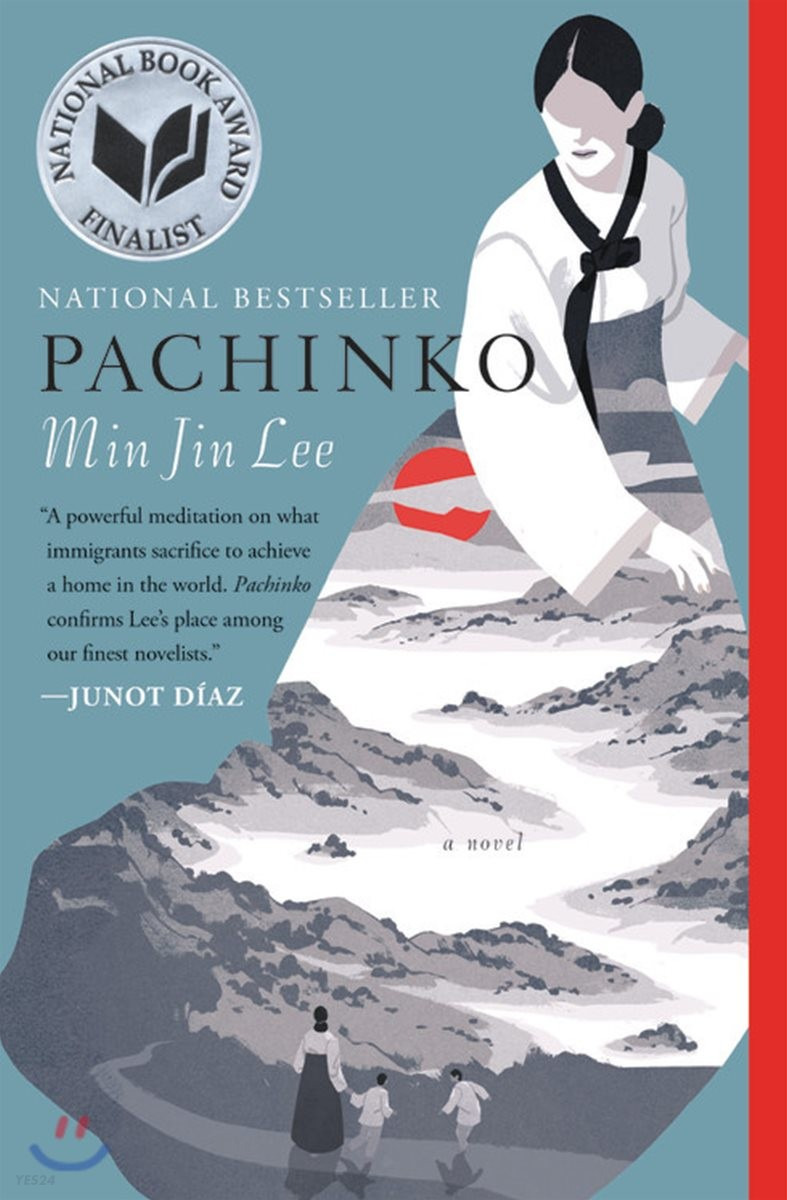[Review previous expression]
[Summarize this chapter]
집나간 노아... 두둥... 자기 찾지 말래... 와세다도...관둠.... 오마이갓...... 정체성에 그렇게 혼란이 올 정도인가...... 너무 안타깝다 ㅠㅠㅠㅠㅠ 자기가 돈 벌어서 안정되면 집에도 돈은 보내겠대.. 그래도 찾진 말래... 넘 속상해 ㅠㅠㅠㅠㅠㅠㅠㅠㅠㅠㅠㅠ
선자는 노아 찾고 싶어서 고한수 집에 갔는데, 그를 볼 순 없었음 ㅠㅠㅠ 집에 없어서ㅠㅠㅠ
[Quotes that I liked ]
[New Expression]
(p. 313) but he was awake.
:
(p. 313) This is the best way for me to live with myself and to maintain my integrity.
:
(p. 314) I have had to pay some bills in starting out, and as soon as I earn some more money,
:
(p. 314) I send regards to you,
:
(p. 314) Would anything bring the boy back?
:
(p. 314) The stupid heart could not help but hope.
:
(p. 314) Life had seemed almost bearable; though Yoseb was nearly cut off from the living, confined to his pallet, his family had persisted.
:
(p. 314) that to live without forgiveness was a kind of death with breathing and movement.
:
(p. 315) she patted Sunja's back with her free hand.
:
(p. 315) The boy is so busy as it is.
:
(p. 315) For all we know, that could be the reason."
:
(p. 315) It sickened Yoseb to say these words, so he said nothing else.
:
(p. 315) Yumi had miscarried only a few weeks before.
:
... (p. 315) Wiping her wet hands on her apron,
:
☆(p. 316) Kyunghee clutched her arm, but Sunja broke free and got up.
:
(p. 316) His preposterously immense house stood out prominently on the quiet street.
:
(p. 316) Sunja realized who this must be.
:
(p. 316) The beggar was no doubt a Korean who wanted money.
:
(p. 316) She did not begrudge his generosity, but she disapproved of the beggars' boldness.
:
(p. 316) It was evening, and this was no time for a woman of any age to beg.
:
(p. 317) The servant bowed as the mistress walked away.
:
☆(p. 317) Mieko returned, taking deliberate steps. Koreans could be insistent like unruly children. They could be loud and desperate, with none of the coolness and placidity of the Japanese.
:
(p. 317) have slovenly habits.
:
(p. 317) She and her daughters had enormous wealth in Switzerland as well as innumerable fat packets of yen hidden in the stone walls of this house.
:
(p. 317) She lacked for nothing.
:
(p. 317) "Fetch the garden boy.
:
(p. 317) to Sunja to remain by the door.
:
(p. 317) but her youth was spent.
:
☆(p. 317) Her waist was thick from childbearing.
:
(p. 317) where he'd been weeding.
:
(p. 318) she burst into tears.
:
... (p. 318) He had none of the hardness of the house servant and the wife.
:
(p. 318) The master never spoke about Mr. Kim and would get angry if anyone brought him up.
:
(p. 318) Sunja stared hard at the boy as if he could find Noa himself.
:
(p. 318) cavernous foyer behind the boy resembled the interior of an old train station with its high ceilings and pale white walls.
:
(p. 319) she would not leave his side until her son was found.
:
(p. 319) "Tell her that he is away. That he will be gone for a long time."
:
(p. 319) and looked off into the distance as if to give these poor, messy people some privacy.
:
(p. 319) the servant resumed her work in the pantry.
:
(p. 320) The only people who would ever know for certain where the master would be were Yasuda and his brawny guard Chiko, but it had never occurred to the boy to ask them the master's whereabouts.
:
(p. 320) The boy nodded, hunched over and holding his knees to catch his breath.
:
(p. 320) Sunja fished in her purse to find some money for the boy.
:
(p. 323) Noa had been her joy. He had been a steady source of strength for her when she had expected so little from this life.
:
728x90
'Book Club > Pachinko' 카테고리의 다른 글
| [Pachinko #3] # Chapter 2: Osaka, April 1965 (0) | 2025.02.12 |
|---|---|
| [Pachinko #3] # Chapter 1: Nagano, April 1962 (0) | 2025.02.12 |
| [Pachinko #2] # Chapter 19 (0) | 2025.01.29 |
| [Pachinko #2] # Chapter 18: Tokyo, March 1962 (0) | 2025.01.26 |
| [Pachinko #2] # Chapter 17: October 1961 (0) | 2025.01.24 |




